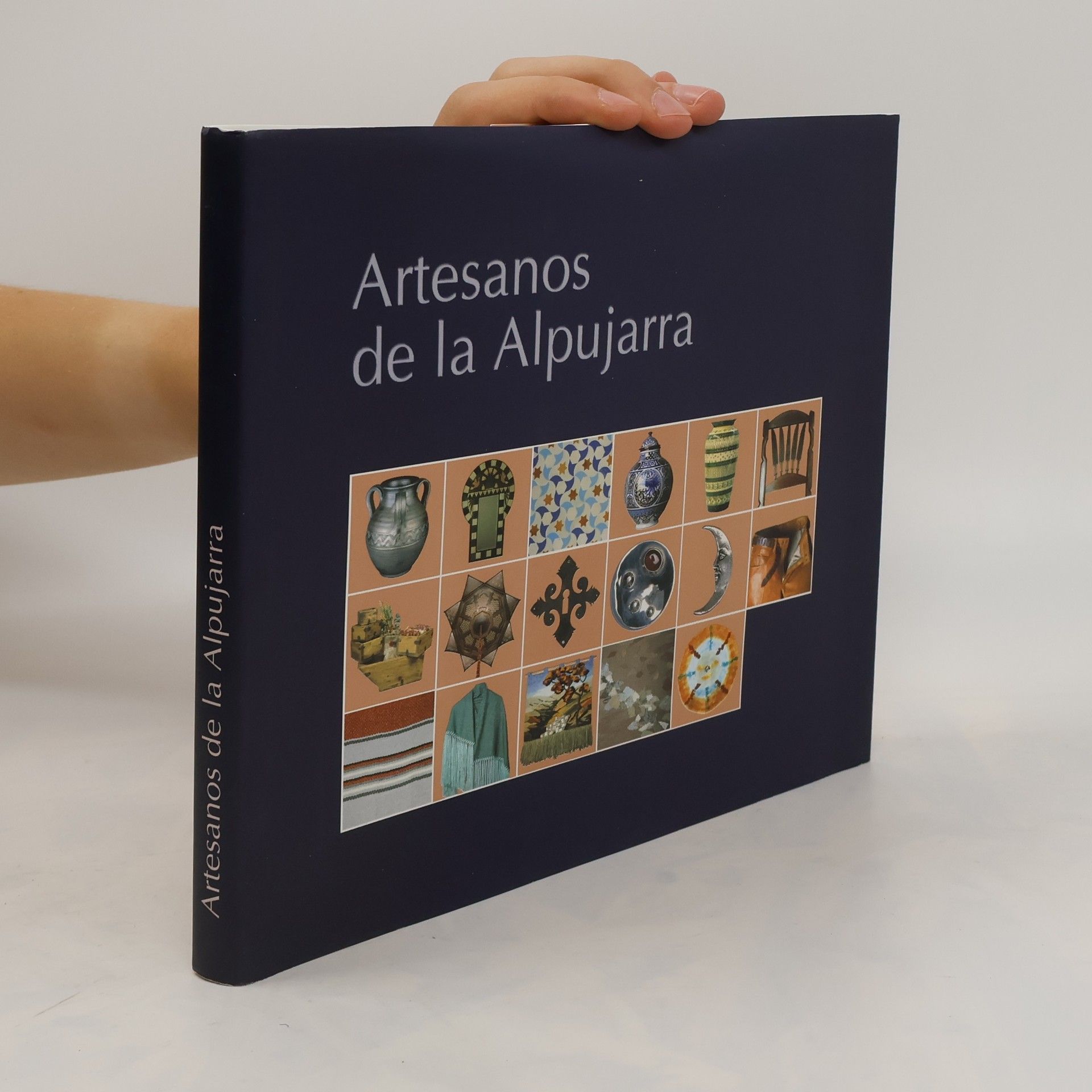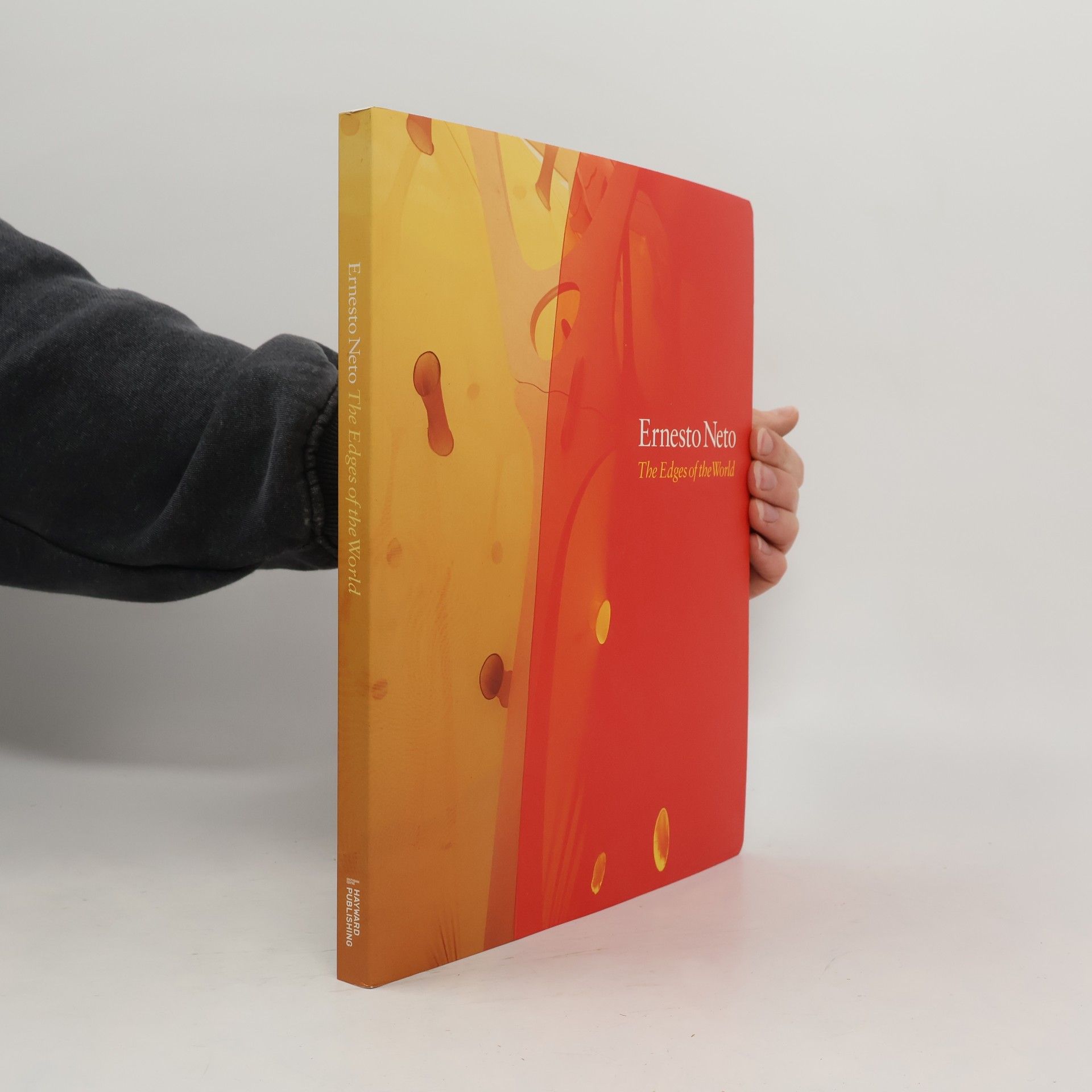The Relative Native - Essays on Indigenous Conceptual Worlds
- 366pagine
- 13 ore di lettura
Presents a collection of essays and lectures of the author. This volume features new English translations of a number of previously unpublished works.
Questo antropologo, nato a Rio de Janeiro nel 1951, è considerato uno dei maggiori studiosi internazionali dei gruppi etnici indigeni brasiliani. La sua vasta ricerca si concentra sulle loro culture e sul loro pensiero, in particolare sulla sua idea di 'prospettivismo'. L'autore esplora come queste culture percepiscono il mondo e la realtà e la loro visione degli esseri umani e non umani. Il suo lavoro offre una profonda comprensione della diversità del pensiero umano e della complessità delle società indigene.





Presents a collection of essays and lectures of the author. This volume features new English translations of a number of previously unpublished works.
The end of the world is a seemingly interminable topic D at least, of course, until it happens. Environmental catastrophe and planetary apocalypse are subjects of enduring fascination and, as ethnographic studies show, human cultures have approached them in very different ways.
The iconoclastic Brazilian anthropologist and theoretician Eduardo Viveiros de Castro, well known in his discipline for helping initiate its "ontological turn," offers a vision of anthropology as "the practice of the permanent decolonization of thought." After showing that Amazonian and other Amerindian groups inhabit a radically different conceptual universe than ours--in which nature and culture, human and nonhuman, subject and object are conceived in terms that reverse our own--he presents the case for anthropology as the study of such "other" metaphysical schemes, and as the corresponding critique of the concepts imposed on them by the human sciences. Along the way, he spells out the consequences of this anthropology for thinking in general via a major reassessment of the work of Claude Lévi-Strauss, arguments for the continued relevance of Deleuze and Guattari, dialogues with the work of Philippe Descola, Bruno Latour, and Marilyn Strathern, and inventive treatments of problems of ontology, translation, and transformation. Bold, unexpected, and profound, Cannibal Metaphysics is one of the chief works marking anthropology's current return to the theoretical center stage.
Brazilian artist Ernesto Neto (born 1964) draws on a variety of sources for inspiration, ranging from the natural world to department stores, modernists like Alexander Calder and Constantin Brancusi to Brazilian predecessors like Lygia Clark and H�lio Oiticica. Neto's multi-sensory environments exist, in the artist's words, "as a place of sensations, a place of exchange and continuity between people." This important survey is published to accompany an exhibition at London's Hayward Gallery, in which Neto reimagines the gallery's concrete spaces and brutalist architecture with a new site-specific commission and a number of new sculptural works. The artist's works incorporate the Hayward's outdoor sculpture terraces, creating an interrelated series of spaces in which the relationships between inside and outside are provocatively reconfigured. Spanning Neto's career to date, this publication contains texts by key international scholars.